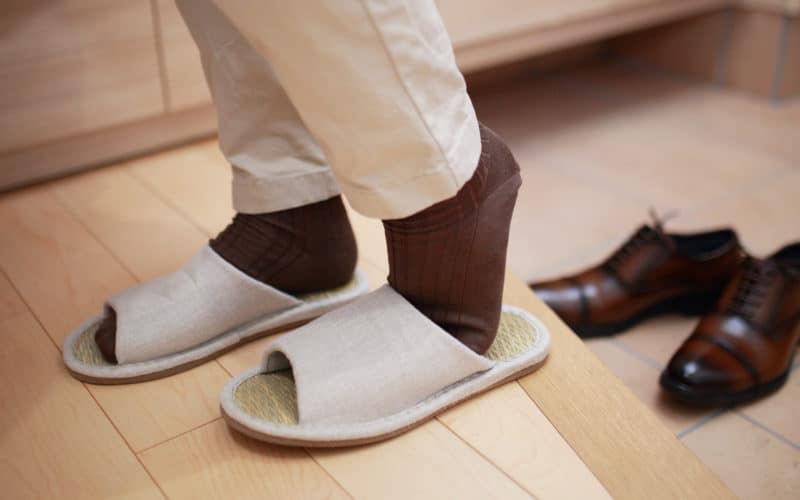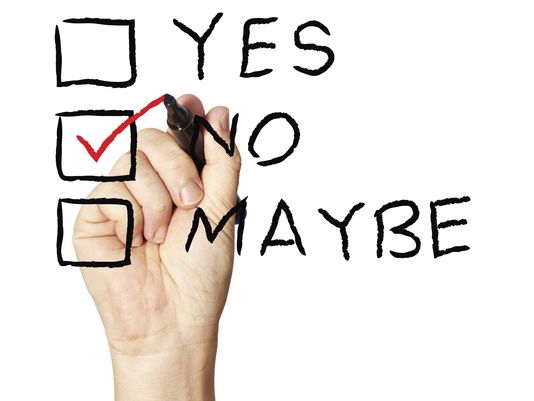October 29, 2021
To hug or not to hug? Shoes on or shoes off? When does "yes" really mean "no"? Chinese cultural beliefs lead to customs that might be different from your own, and while Chinese traditional values are changing, some persist. To help you navigate communicating with your native Chinese friends and colleagues, here's a list of Chinese customs that will surprise you!
1. Casual physical contact is... Tricky.
Shaking hands is very acceptable when meeting new people, but most Chinese people don't do it. Everyone is aware of the practice, and that Westerners do it, but you could find that when you go in with a firm, polite shake, you might only get a weak clasp in response. (This might particularly be true when shaking hands with women.)
While Americans are taught that looking someone straight in the eye and offering a firm grip when meeting someone for the first time is the mark of good character, especially in a business setting, most Chinese have never had that training--they've only seen it work in the movies or on TV.
Knowing this, it's important to remember that a soft shake, or even one that might be a bit too long, isn't a sign of poor attention, but rather unfamiliarity. You can still feel free to offer your hand if that's what you're used to, but don't feel like you have to, and don't take it the wrong way if you get an awkward flap in return.
Hugging lands in a similar boat. According to Chinese customs, people do not usually express affection publicly. Hugging could be a little too much contact for comfort, especially for people who aren't very close. Many traditional parents do not often hug their children after a certain age, and most Chinese wouldn't hug someone outside their family.
However, some Chinese traditional values are relaxing and you might see that many younger people are just fine hugging new friends before sitting down to a coffee, and that some modern parents find it easier to bear hug their grown children after a long trip away.
While all this might give you the impression that the Chinese tend to like a bit of space between people, there are many cases in which the opposite is true! Westerners living in China for the first time might be surprised to find that people of the same gender might touch each other much more often and casually than Westerners would.
It would be totally normal for a female colleague to grab another female colleague by the arm, or even by the hand sometimes, while strolling to lunch. College girls might hold hands as they walk to class. Men might feel comfortable throwing an arm around a buddy, or tapping or pointing at someone while they talk to emphasize a point when telling a story. This is all done in friendly affection, and can actually be a sign that someone is comfortable with you.

The situation where you might be surprised by physical contact is in public spaces, particularly while taking public transportation. While most Westerners like a bit of space when they're out and about, China does have a lot of people and most Chinese are used to squeezing into crowded buses, trains and subways. When travelling, don't take it personally if you find someone sitting a little too close for your comfort--it's more about the space (or lack thereof) than you!
2. Don't let something touch the floor.
What is perceived as being clean and dirty often has a lot more to do with cultural norms than bacteria count, and this can be a big difference between the East and West.
While most urban Chinese keep their homes as tidy as anyone, the floor of any enclosed space will always been seen as dirty and you shouldn't really touch it.
Most Chinese will never wear shoes in the house, and there will always be slippers by the door for a quick and clean outside-to-inside transition. (Most Chinese kids know exactly where the invisible-line-you-cannot-cross-with-shoes-on is, and it's usually about a meter from the front door.) While regular cleaning and never wearing shoes in the house do tend to keep floors pretty clean, it's still a bit taboo to put stuff on the floor, even if it's a backpack or shopping bags.
If you're visiting a Chinese friend's home, make sure to take off your shoes (there will be spare house slippers waiting for you by the door, most likely) and put anything you might be bringing with you on a chair or table (or wherever your host might suggest you put it).
3. You're fat!
This is one that can really get to Western visitors to China. While most Chinese will usually go to great effort to make other comfortable and feel respected, the topic of a person's weight is not as taboo as it is in the West and if you're anything bigger than skinny, it's likely you will hear about it.
While Chinese waistlines are expanding with fast food, cheap and easy food delivery, and long days at work, on average, the Chinese are small and slimmer than Westerners. Likewise, women, in particular, have a lot of social pressure to control their weight, as Chinese cultural beliefs about femininity and beauty require women to be slim. While it's not usually hostile, or even mean-spirited, most Chinese feel comfortable commenting on other people's features, and the adjective "fat" is fair game when describing someone.
If you find yourself of the receiving end of such a comment, the best thing is not to take it personally. "Fat shaming" and political correctness, in general, are not concepts common in China, and fighting the point might create more stress than it's worth. If you do feel the need to say something, do it privately and make sure the person knows that what was said has hurt your feelings, as the difference in culture might not be quite as obvious at first.
4. Just say... ANYTHING BUT NO!
Anyone who has spent time in China, or who has studied Chinese for some time, will recognize that communication in China is not always very direct. In fact, the Chinese go to great lengths to deliberately make communication indirect. (Chalk it up to a very big cultural difference!)
There are reasons for this, but most of them have to do with Chinese cultural beliefs about "face," or a person's "pride" or "reputation." To protect one's face, Chinese people might avoid direct communication, as it could lead to uncomfortable interpersonal interactions RIGHT NOW. (That indirect communication might lead to uncomfortable interpersonal interactions LATER is but a secondary concern.)
The biggest, clearest example of this is that most Chinese people do not feel comfortable saying "no." They especially do not feel comfortable saying "no" to an elder, a boss, a teacher, or anyone who outranks them, and they will likely feel very hesitant saying "no" to a Westerner. (Of course, Chinese people are fine saying "no" to their children, employees, students, or to people they see as equals or friends.)

Many great cross-cultural miscommunications have resulted from this tendency and it's important to know that it is happening.
To avoid this situation, it is best not ask "yes" or "no" questions when pertinent information is needed. For example, instead of asking "Can this report be done by Tuesday?" you might get a clearer understanding of what is possible by asking, "When can this report be done?" If you are new to China and working with a Chinese team, you might find yourself making requests and finding them dismissed.
This is a classic situation in which the answer to your request should have been a "No, this is not possible," but instead, to avoid the socially-awkward use of "no," the request was ignored with the hope that you will have either picked up the hint, or forgotten about it altogether.
If you find yourself struggling to get things done because of a lack of "no," you made need to change up your communication style, and pay more attention to those around you who seem more likely to give straight answers. Also, speaking in private might also help to get more direct answers.
Another cultural note: Westerners tend to believe that when they hear "maybe" there's a 50-50 chance that the answer could be a "yes," or a "no." In China, when you hear "maybe," it's 95% certain that it's a polite "no."
5. Didn't you NOT hear it?
As stated above, because of Chinese traditional values, communication in China can be very different and difficult to navigate. (And if it makes you feel any better, Chinese people also struggle to get on the right side of indirect communication between each other, with no language barrier in the way.) However, one thing that Chinese people do do instinctively is listen to BOTH what is said and what is NOT said.
While westerners tend to favor simply saying what they mean, whatever it might be, the Chinese take diplomatic communication to the next level by deliberately leaving details out. While this requires a good understanding of the subject or topic at hand to understand that information is missing, it's useful to remember that bad news, or unfortunate news is often delivered in its omission.
For example, if four people are expected for a meeting, and suddenly an e-mail is sent listing just three attendees, it might be understood that someone is no longer invited to the meeting. If no explanation is given, it is best not to ask about this person publicly. It is simply understood by all that that person is no longer participating for some reason. (If curiosity gets the better of you, ask someone you trust privately.)
Unlike Westerners who like and expect transparency in all matters, the Chinese are used to unspoken messages, incomplete information, and implied meaning. It takes a lot of effort and patience, but learning this will help you understand more about how Chinese people communicate.
Post contributed by Fan.


